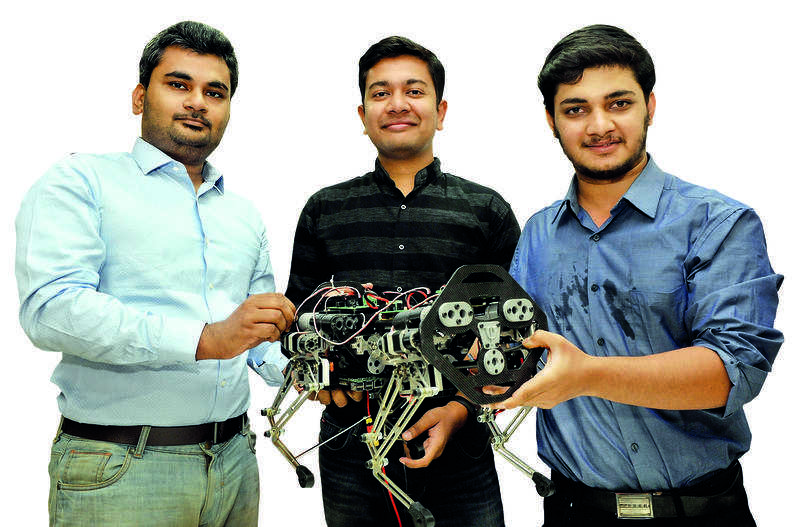India’s largest software company, Tata Consultancy Services Limited (TCS), is actively working on a number of decentralized projects leveraging R3’s blockchain platform and Microsoft Azure blockchain workbench. Per the company, the blockchain venture was initiated to accelerate the adoption of distributed ledger technology across a wide range of industries.

TCS Delves Deep Into Blockchain
As reported by ANI, IT giant TCS is developing five blockchain architectures, each offering a different solution ranging from digital identity to tokenization. The platforms will also facilitate solutions such as track-and-trace, asset monetization, and assets in common.
The Indian IT heavyweight divulged that the platforms will leverage R3’s blockchain platform, Codra Enterprise, and be hosted on Microsoft Azure cloud.
TCS, the world’s ninth-largest IT company by market cap, intends to develop advanced cross-industry blockchain platforms that would make it easy to deploy scalable solutions on the platform. Apart from developing shared ledgers, TCS will develop a number of solutions built on these decentralized architectures.
Global head of blockchain services at TCS, Lakshminarasimhan Srinivasan, stated:
While the plan seems ambitious, the company has not announced any timeline to launch of these enterprise-level blockchain platforms. However, TCS hopes that the cross-industry blockchain platforms will increase adoption of the technology.
Race to Become Blockchain Platform Leaders
With this latest development, TCS plans to work on a market position in the blockchain space. On that front, software powerhouse TCS has successfully been offering its blockchain solution dubbed Quartz. The Quartz blockchain solution allows enterprises in the financial ecosystem to use distributed ledger tech to significantly cut transaction processing cost.
Earlier in January, Srinivasan stated that distributed ledger technology, along with artificial intelligence and Internet of Things (IoT), can lead to new income opportunities.
While TCS is aggressively pursuing blockchain, other Indian software firms are not behind the curve.
One such company is Tech Mahindra, which has been very bullish on distributed ledger technology. In the past, Tech Mahindra revealed plans to use DLT to register vehicle numbers. Apart from that, the IT heavyweight also signed an MoU with the state government of Telangana to build a blockchain district that will foster startups working in the space.
Moreover, Tech Mahindra also partnered with Microsoft to develop a blockchain-powered platform that would regulate unsolicited telecom communications.
Similarly, last year India’s second-biggest software firm Infosys developed a tailor-made blockchain trade finance network. The blockchain-powered platform is aimed to eliminate any opportunities for fraud in the Indian banking system.
Source: https://bitsonline.com/indian-tcs-blockchain-platform/(Accessed on 18 March, 2019)



